QUIZ: Can You Guess What The WWI Trench Slang Means?
One of the endearing legacies that came from World War I was the slang that the soldiers on the frontline created. Since it was the first global war, WWI brought together people from different countries with their own accents, dialects, and languages.
From this melting pot came unique phrases, terms, and slang. Some of them have been lost to history but others we still use today! See if you can decode these WWI slang terms.
Archie

A. German anti-aircraft fire
B. British torpedos
C. Someone from the Falkland Islands
D. Army-issue duct tape
Answer: German anti-aircraft fire
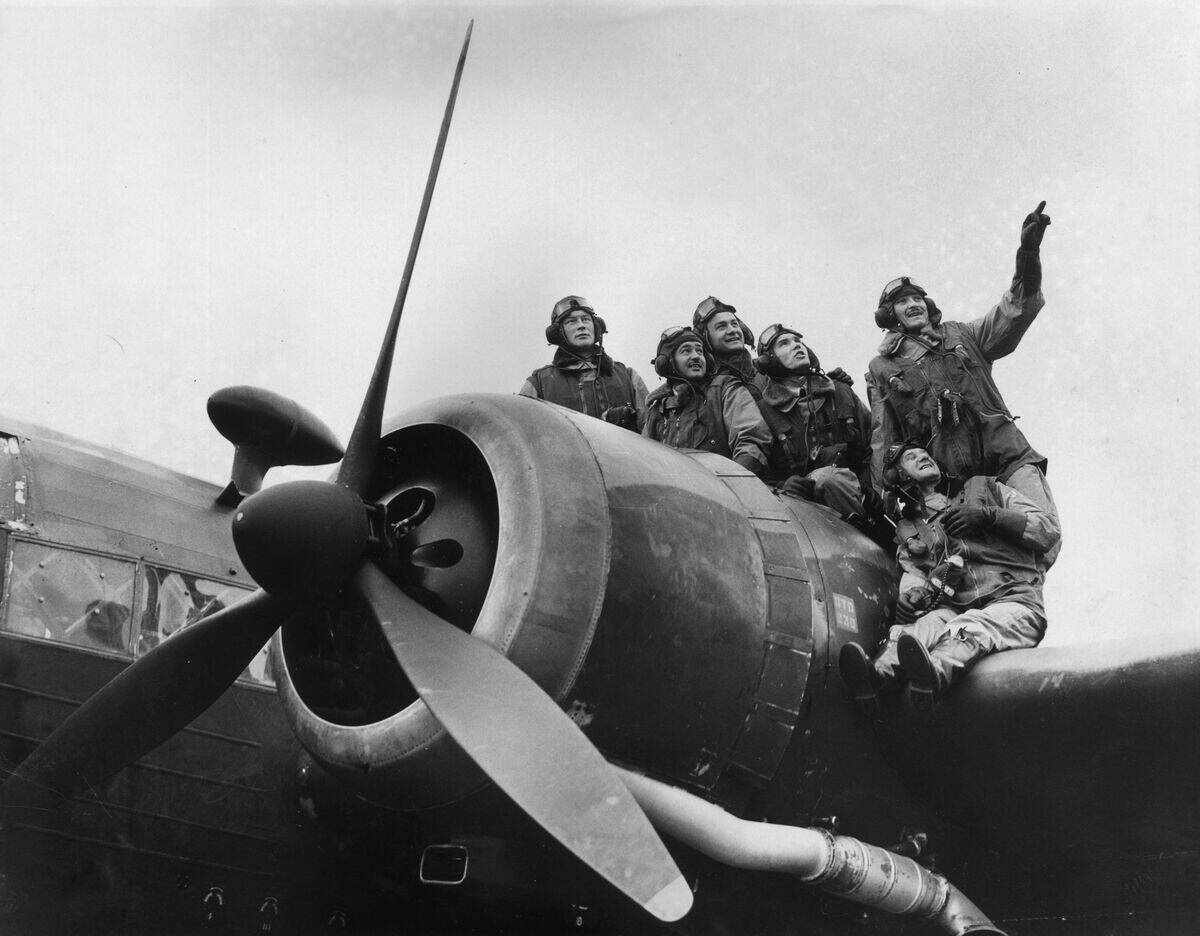
The slang word “Archie” can be credit to a British RAF pilot who had a habit of singing a song called “Archibald, Certainly Not!” when he flew his airplane between exploding German shells.
Blightly
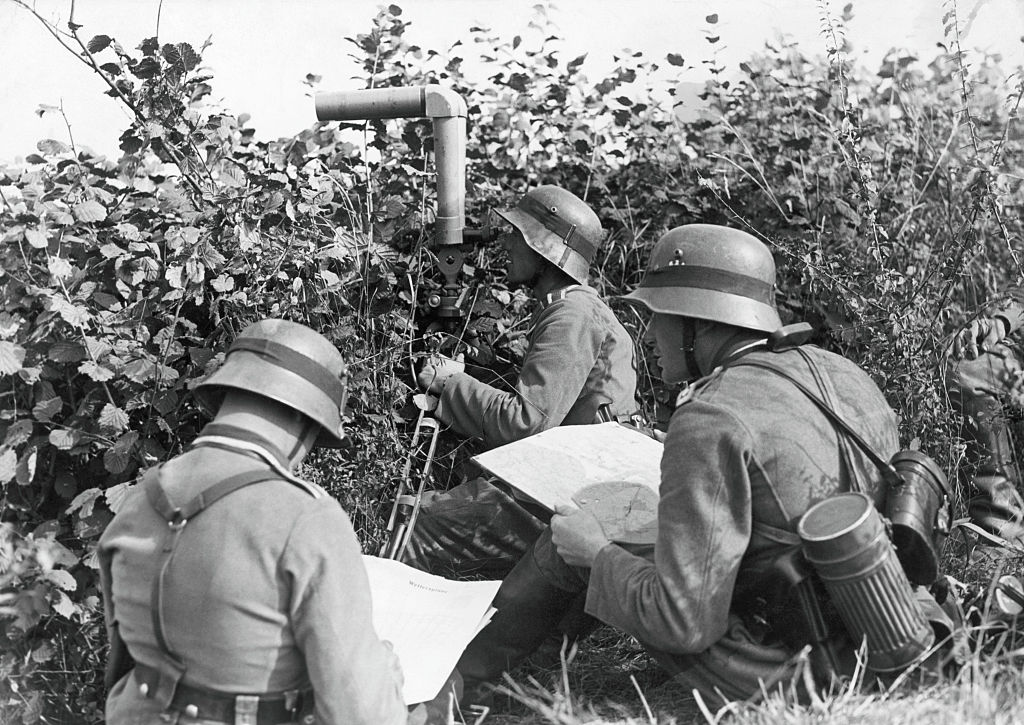
A. A nickname for the British troops
B. A word for a self-inflicted wound
C. Someone who is drunk
D. An uncommonly brave act
Answer: A nickname for the British troops
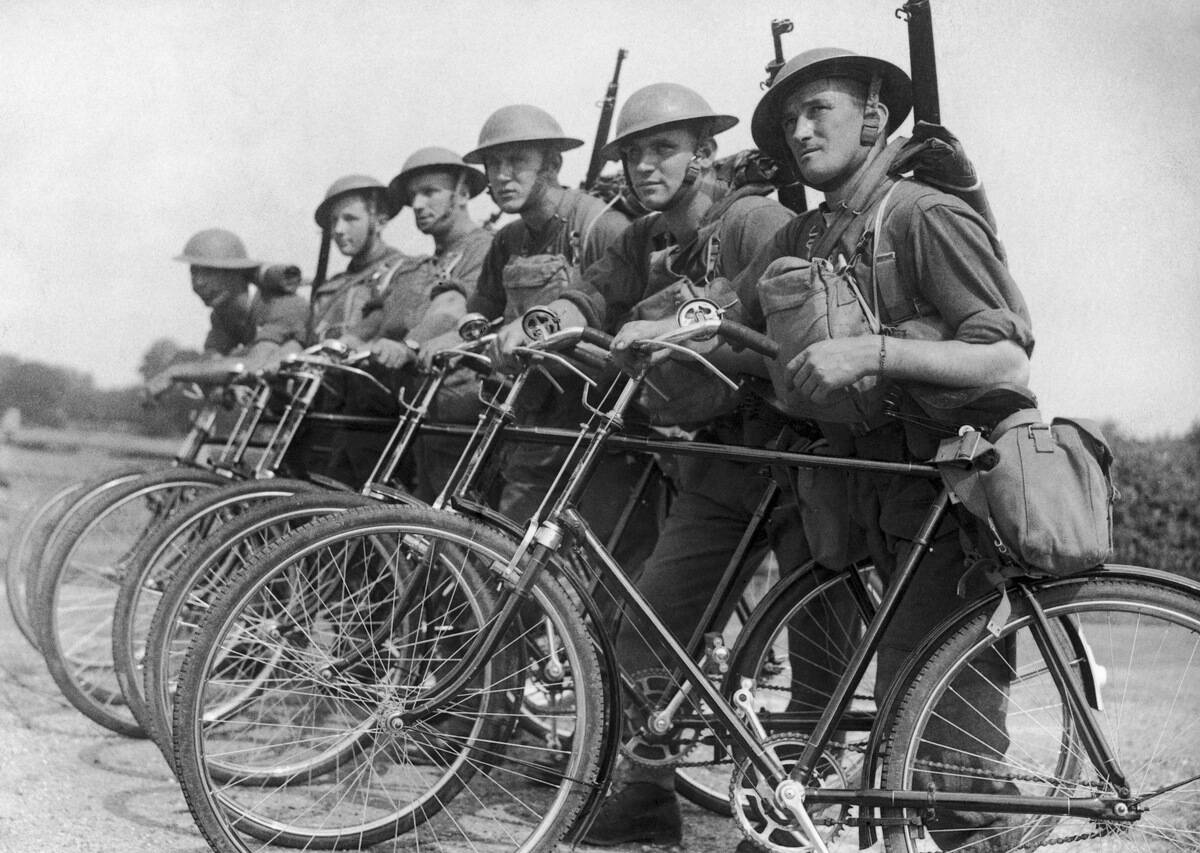
The nickname “blightly” is actually derived from the Urdu word vilayati. It was first used when British troops were stationed in India but didn’t really catch on until soldiers started using it in WWI.
Blimp
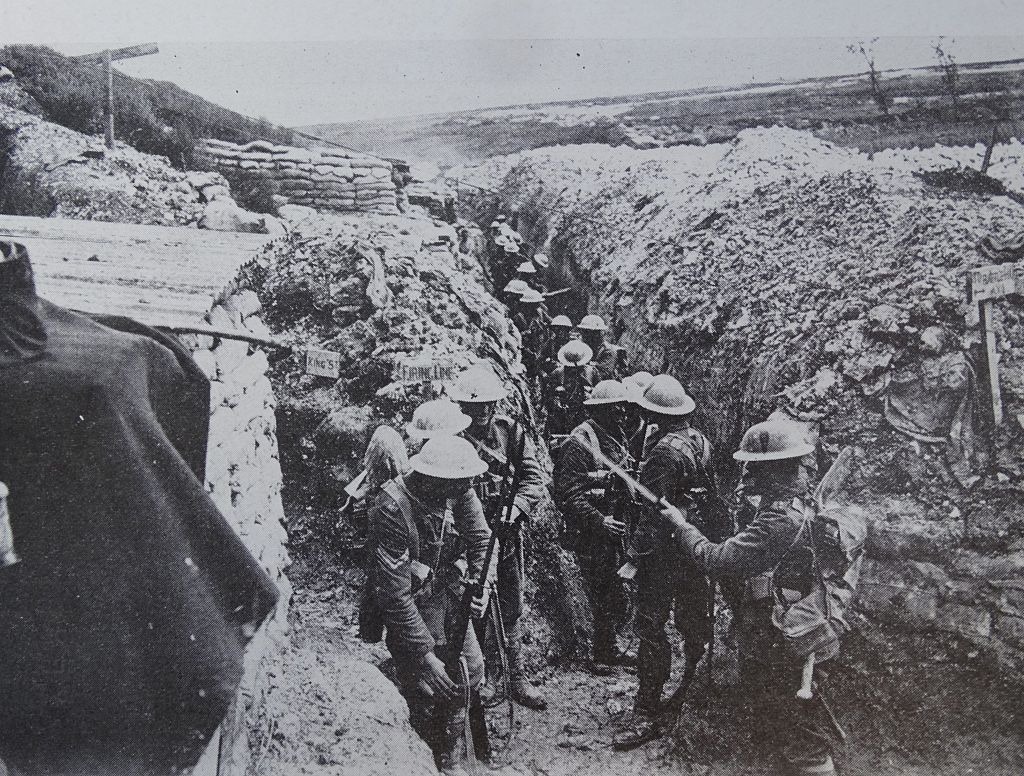
A. Rapid fire of a weapon
B. An inflatable airship
C. A map of a foreign region
D. Body lice
Answer: An inflatable airship
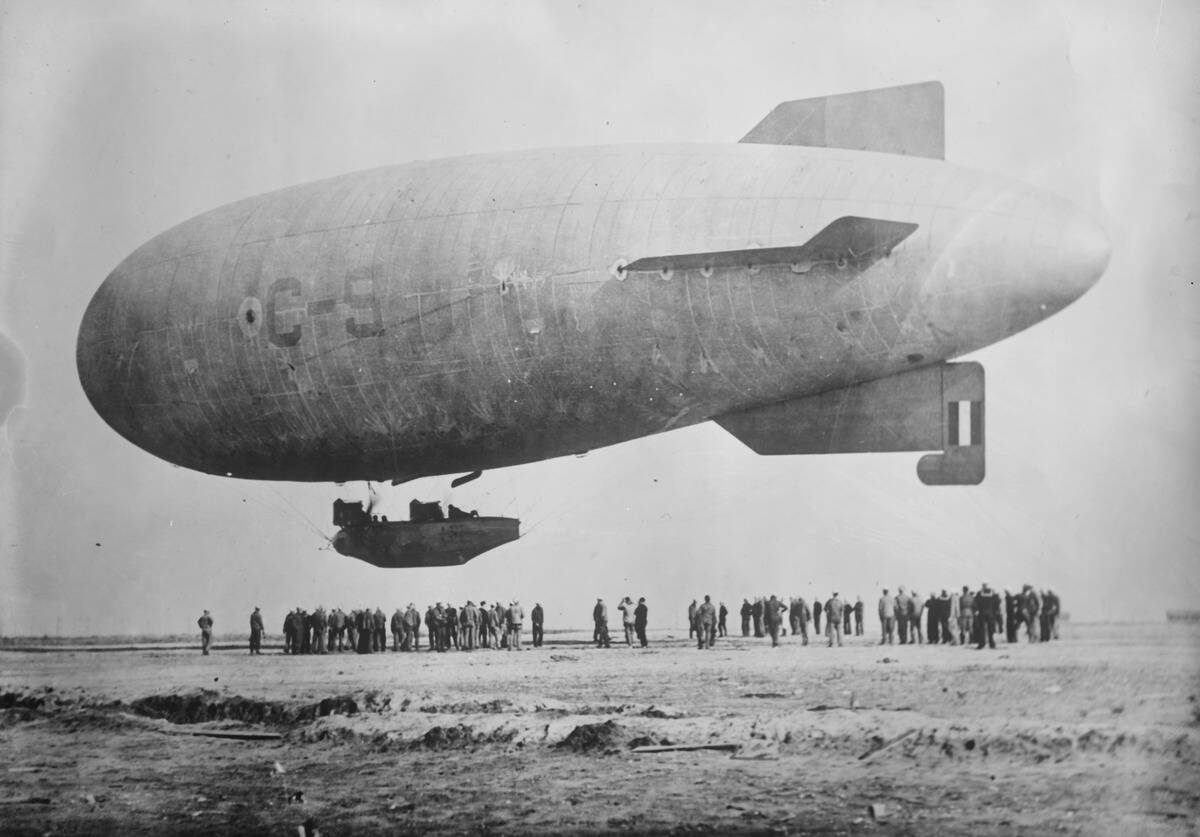
We actually still use this term for an inflatable airship today. No one is quite sure where the term came from though. Some people believe the word is meant to imitate the sound of something being inflated.
Cooties
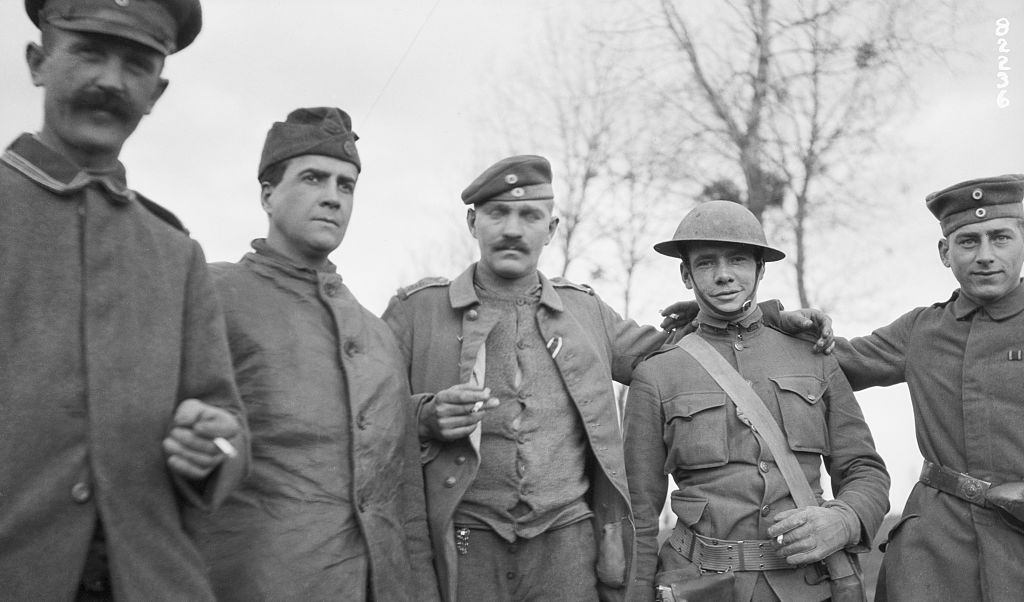
A. Head lice
B. Trench fever
C. Typhus Fever
D. The Spanish Flu
Answer: Head lice
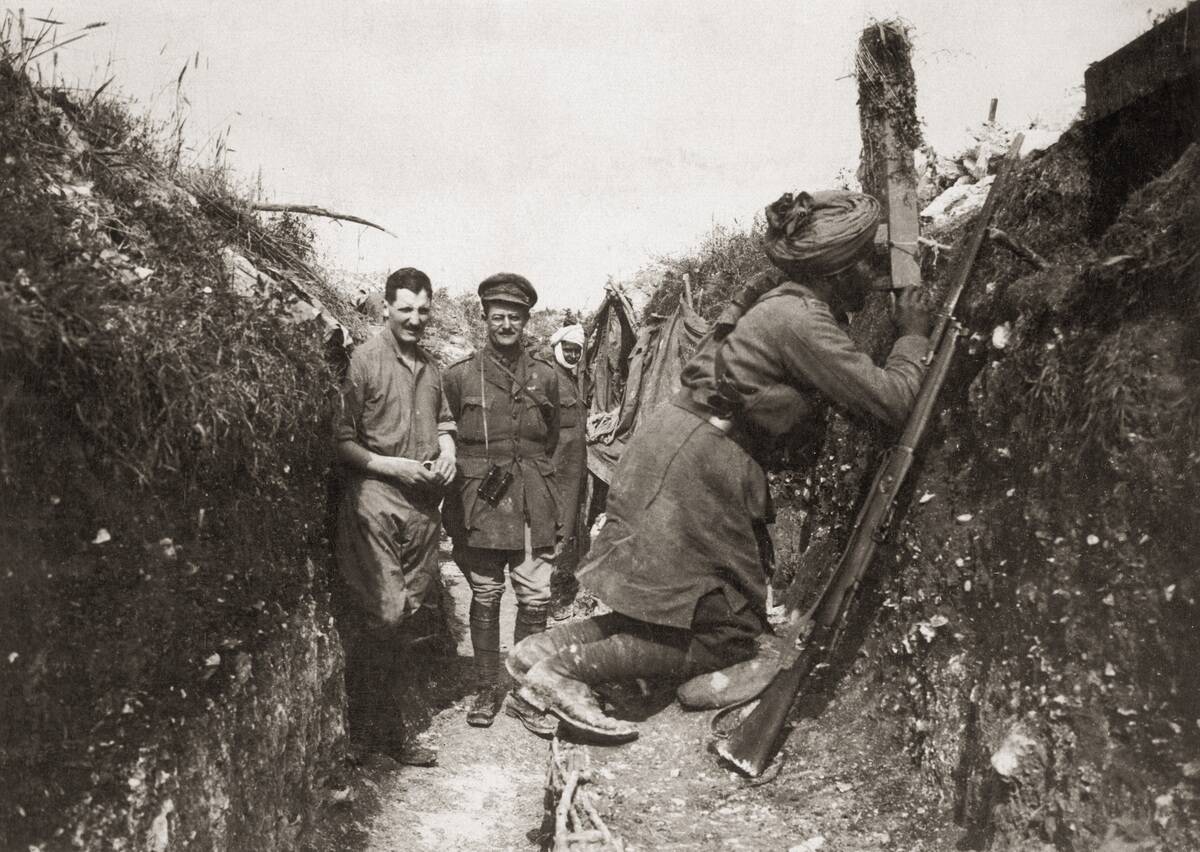
This slang term for body lice or head lice first started appearing in letters from soldiers in 1915. The nickname comes from the coot, which is a type of bird that’s often infested with lice.
Crump-Hole
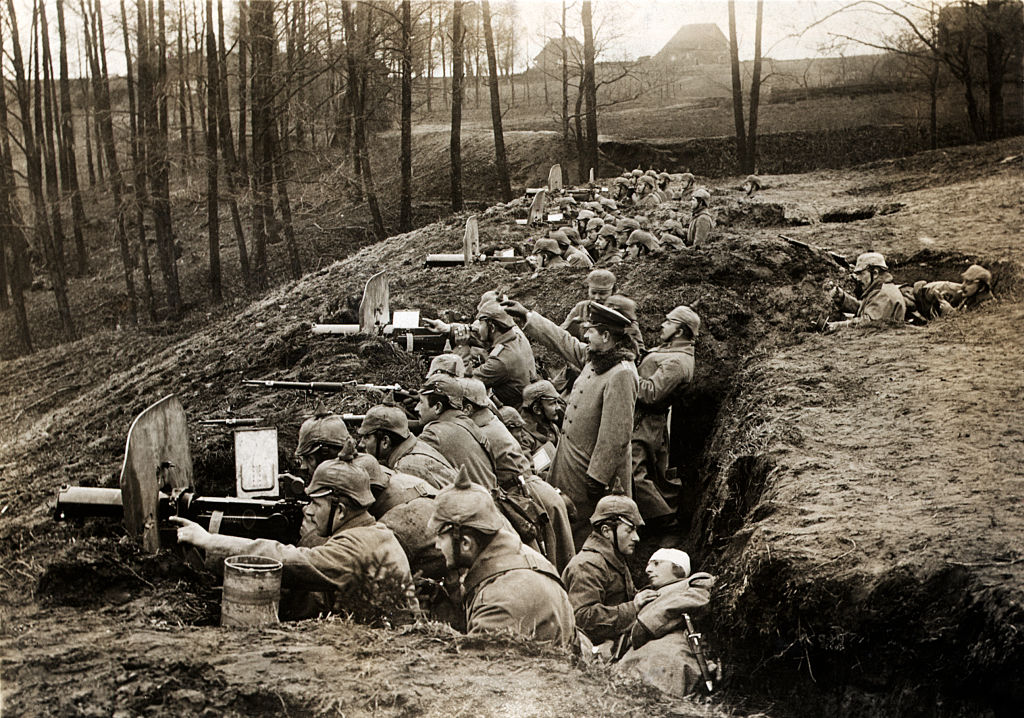
A. A crater left over from an explosion
B. A trench’s latrine
C. A place to hide from the enemy
D. A safe space far away from the frontlines
Answer: A crater left over from an explosion
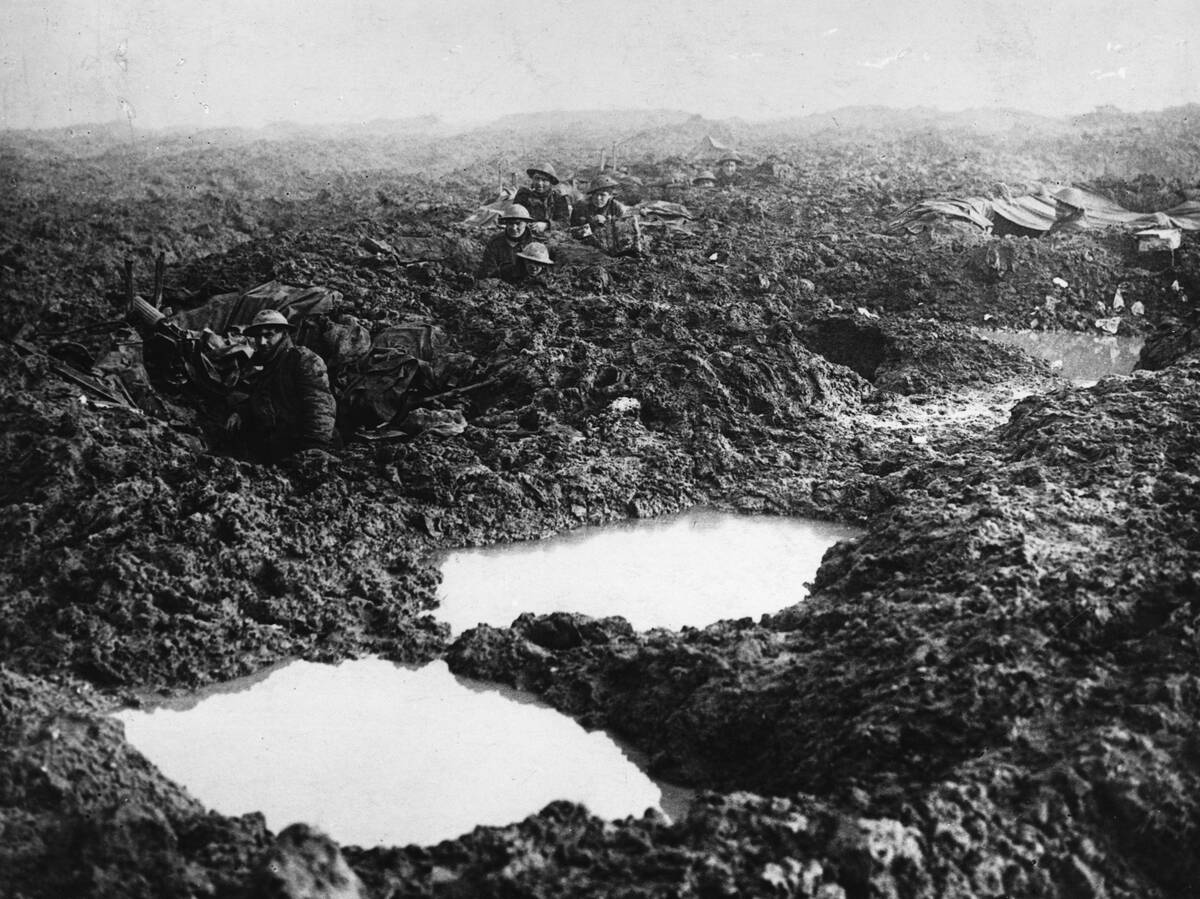
The word crump is an old English word for a hard hit. In 1914 when the Germans began using heavy artillery shells, crump-hole came to mean the hole left behind after the hard blow.
Daisy-Cutter

A. A standard military rifle
B. An artillery shell that exploded on impact with the ground
C. The sausages issues by the Army
D. An unstable bicycle
Answer: An artillery shell that exploded on impact with the ground
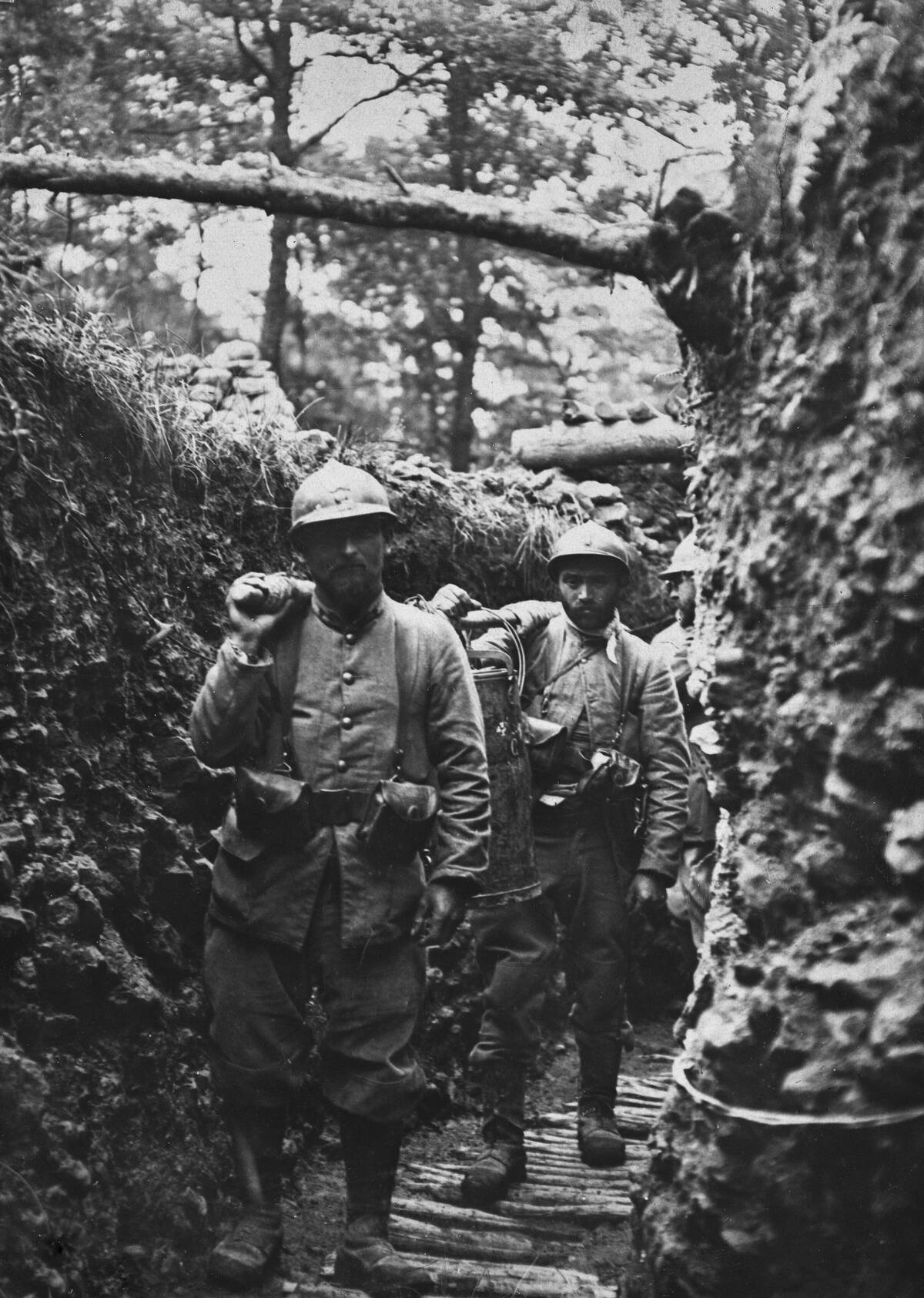
Before the war, daisy-cutters were cricket balls that were thrown low along the surface of the ground. The slang term was picked up by troops to describe shells that waited to explode when they hit the ground to inflict maximum damage.
Iron Rations
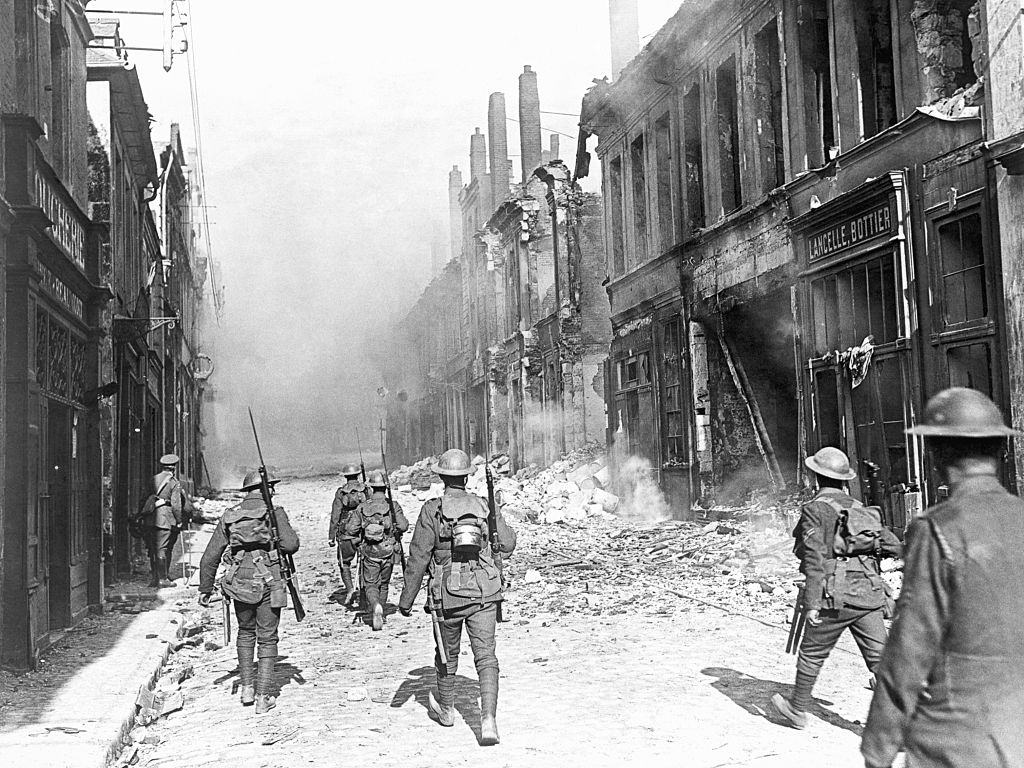
A. A soldier’s dry emergency rations
B. Shrapnel from shell fire
C. Ammunition or bullets
D. Food that contained a lot of iron
Answer: Shrapnel from shell fire
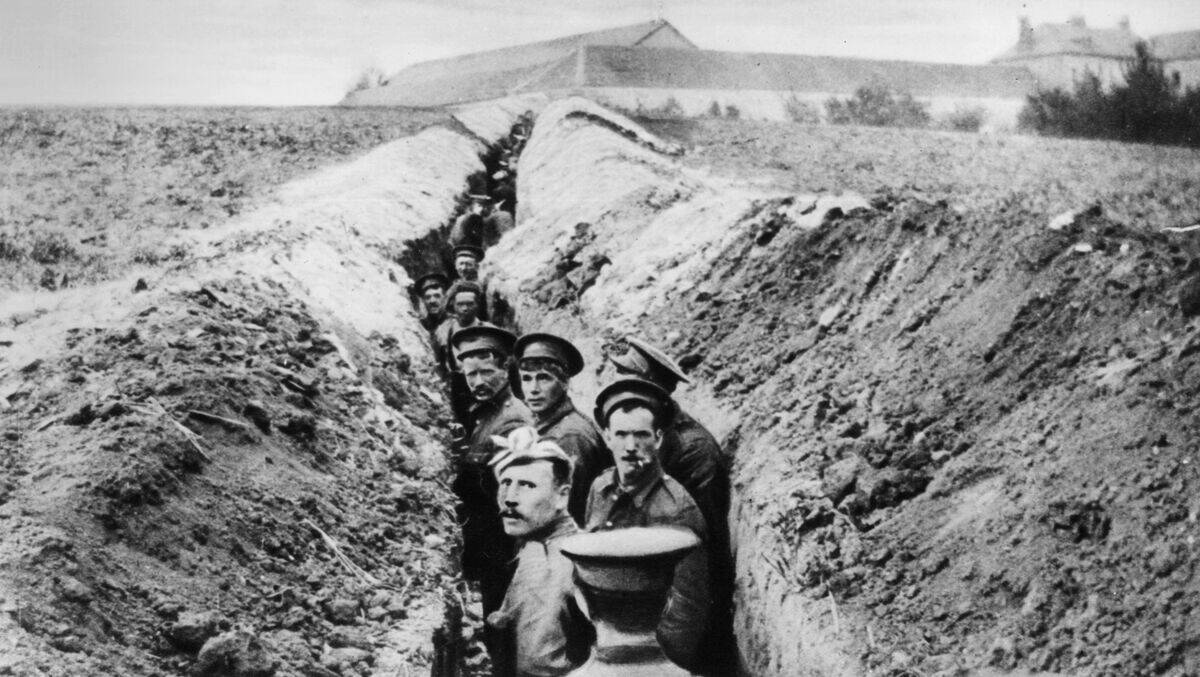
As early as the 1860s, the term iron rations referred to dry food rations like race, barley, and bread. In WWI, it changed to describe the shrapnel that was found in the trenches from enemy shell fire.
Spike-Bozzled
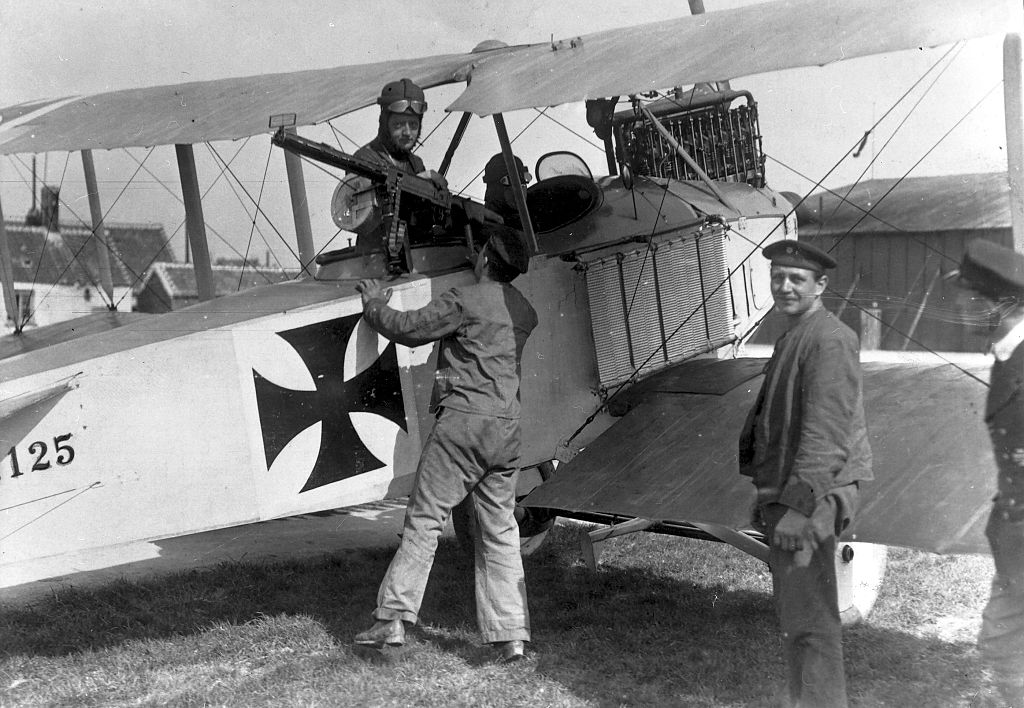
A. A completely destroyed airship
B. An alcoholic drink
C. Machine-gun fire
D. Punishment by a commanding officer
Answer: A completely destroyed airship
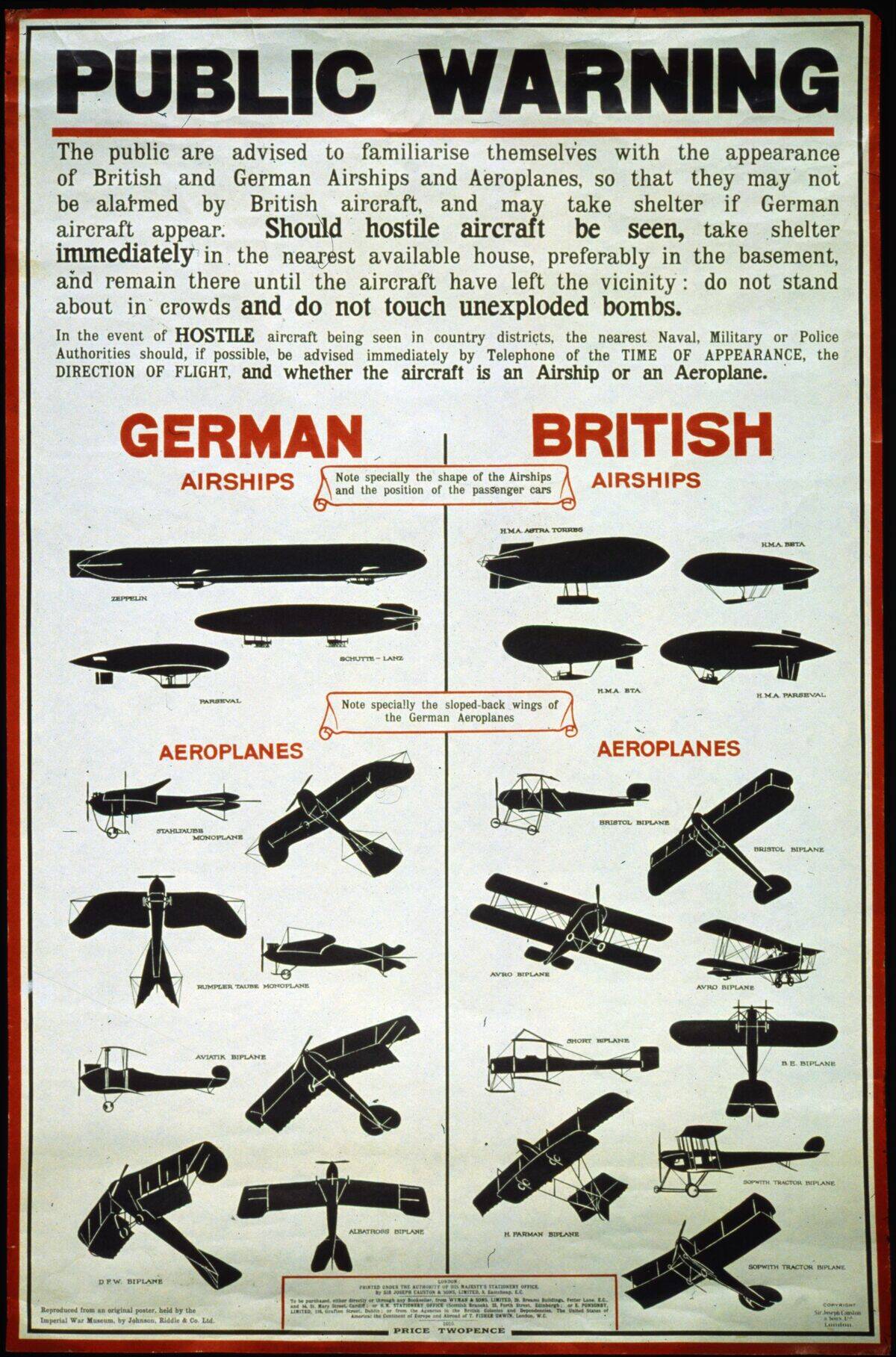
In WWI, the word spike meant a gun that was completely unusable. It slowly evolved to spike-bozzled, which means an airship so badly destroyed that it is also completely unusable.
Goodnight Kiss
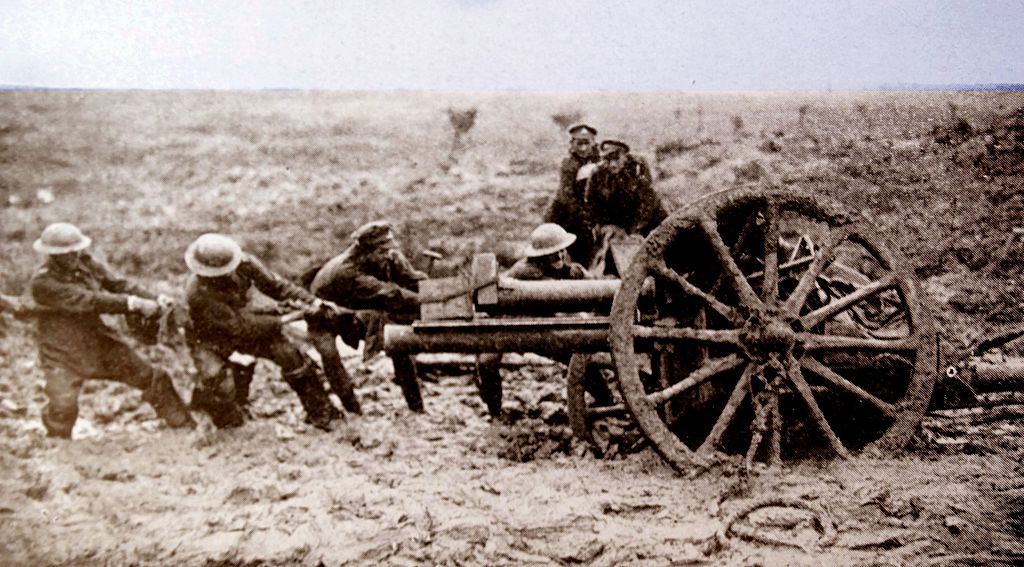
A. A midnight attack by the enemy
B. The last shot made by a sniper
C. The last person to retreat to the trench
D. A final cigarette before night
Answer: The last shot made by a sniper
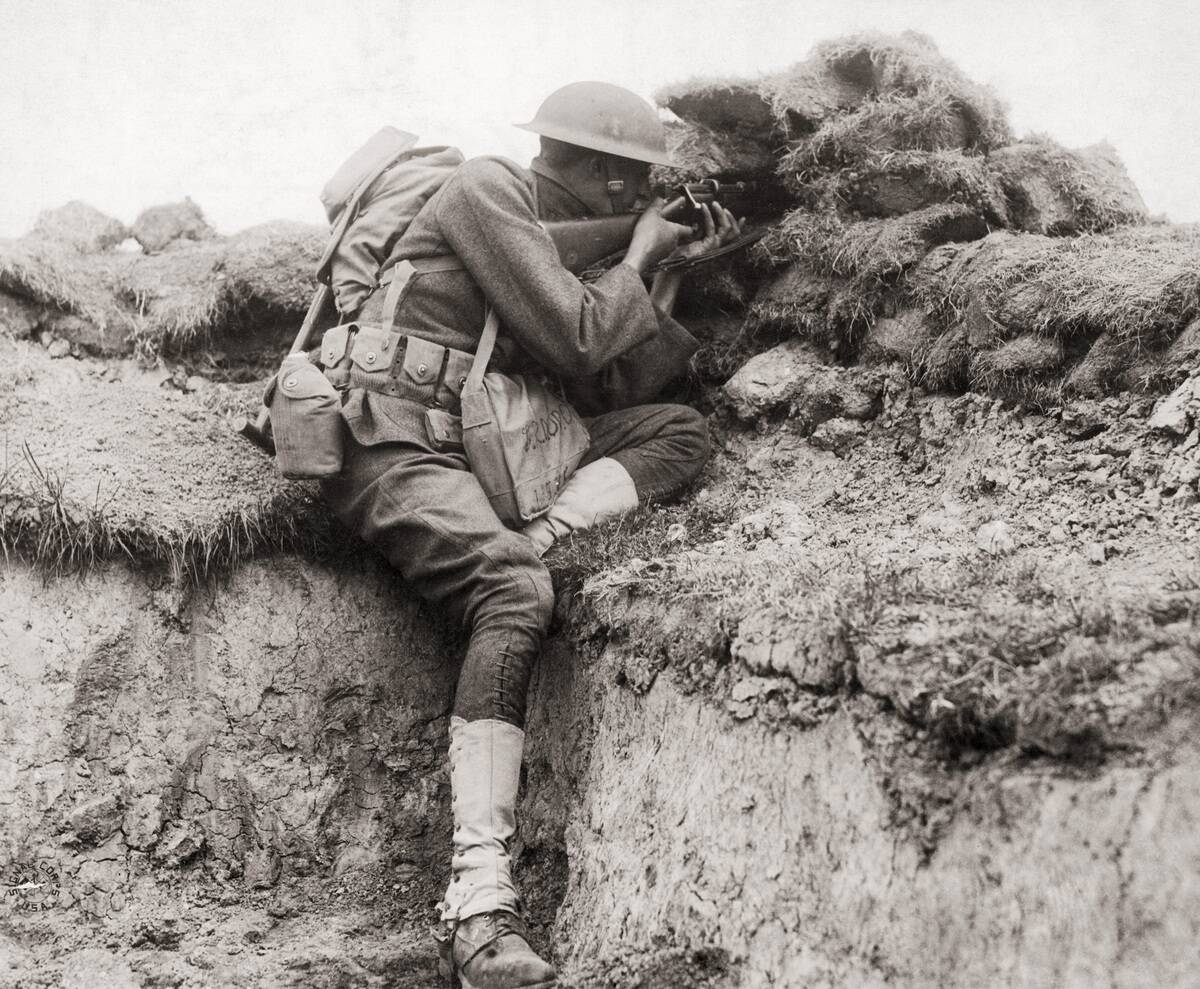
A goodnight kiss was a cheeky way to talk about a sniper’s final shot at the end of an assault. The goodnight kiss was also used as a signal to troops.
Hot Cross Bun
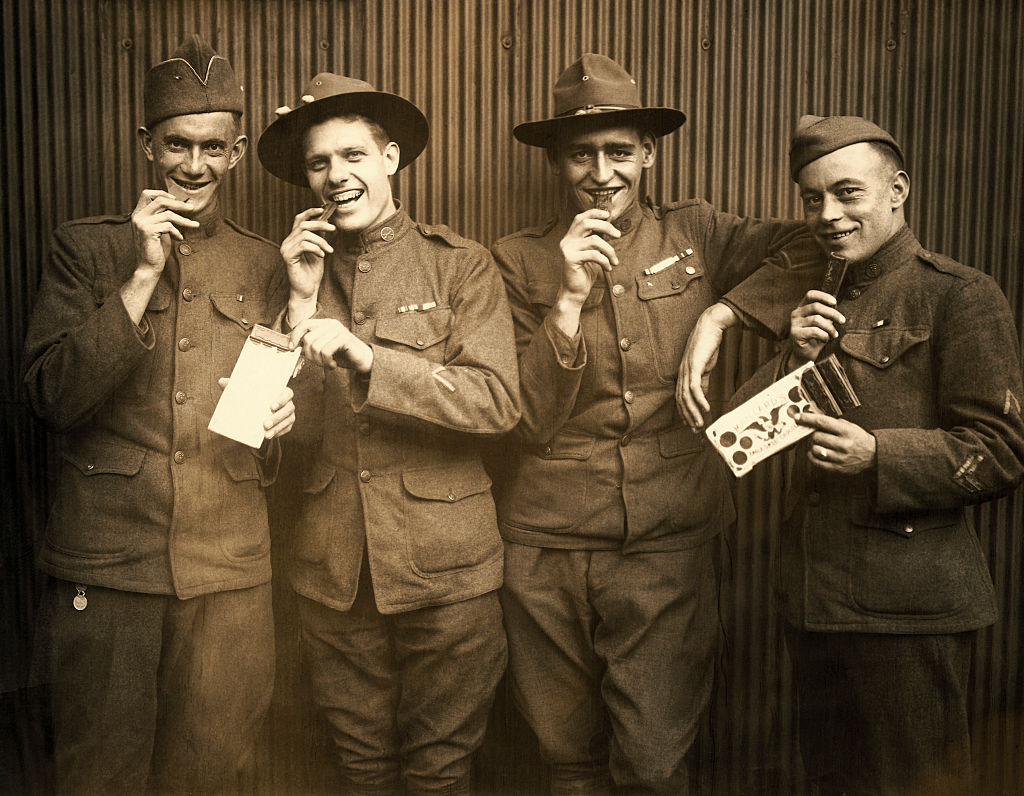
A. A Red Cross vehicle
B. A rare ration of warm bread
C. A piece of American candy
D. A way to sit cross-legged in the trenches
Answer: A Red Cross vehicle
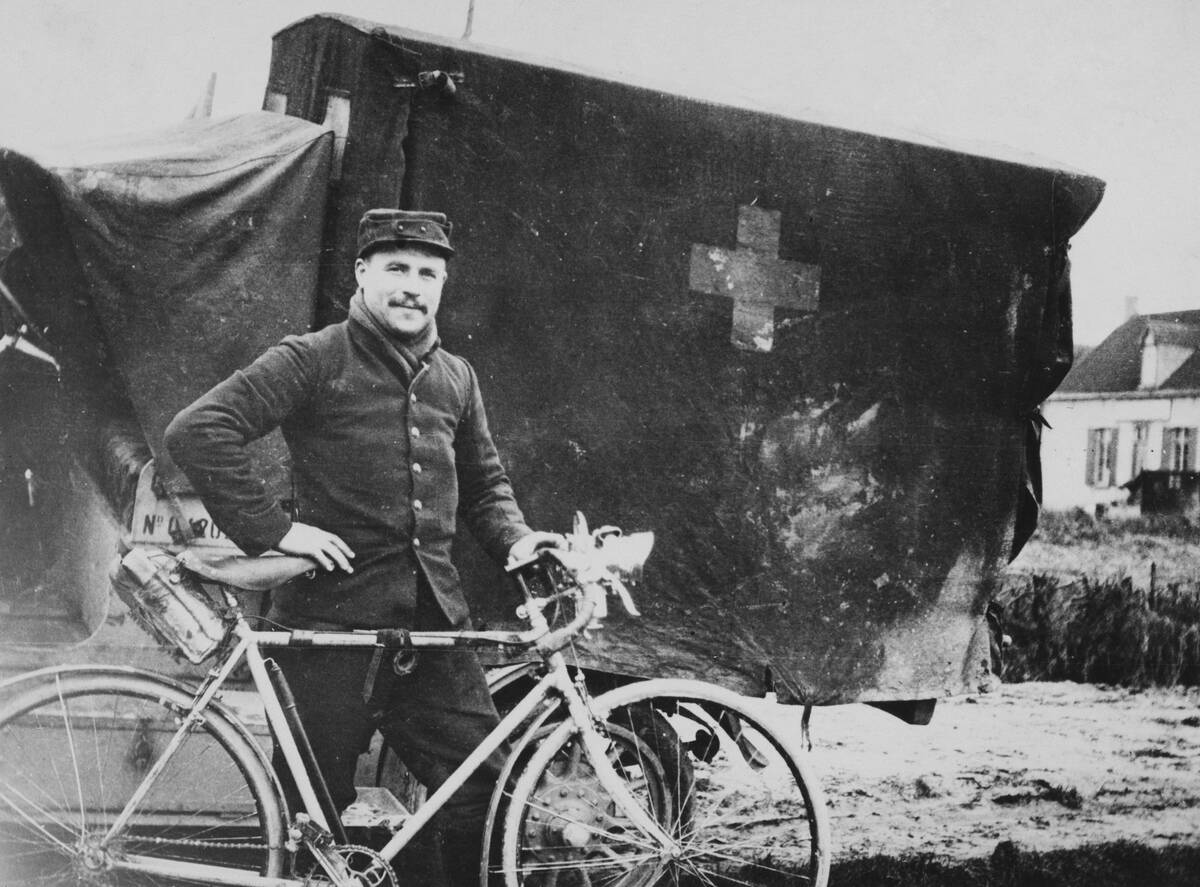
Hot Cross Bun was trench slang for the ambulance driven by Red Cross personnel to pick up wounded soldiers. It reference the large, red ross painted on the side of the trucks.
Muck In

A. Muddy trenches
B. Boots that had holes in the soles
C. Shared rations by soldiers
D. An overnight camp out behind enemy lines
Answer: Shared rations by soldiers
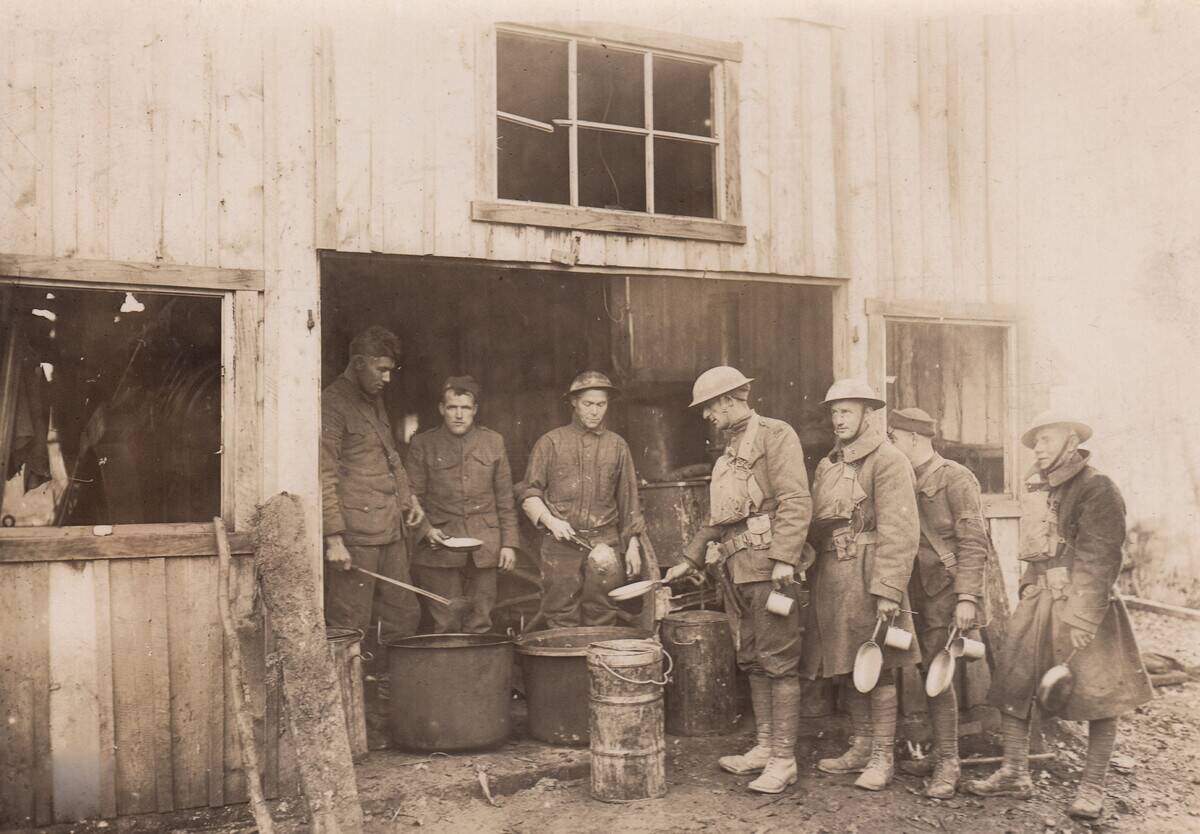
A muck in happened when a group of soldiers would agree to cook together, share their rations, and swap clothes. It was often done during lull moments where there was no fighting.
Pear Drops

A. Small cans of rationed juice
B. Tears shed by soldiers
C. Poison gas
D. Enemy bloodshed
Answer: Poison gas
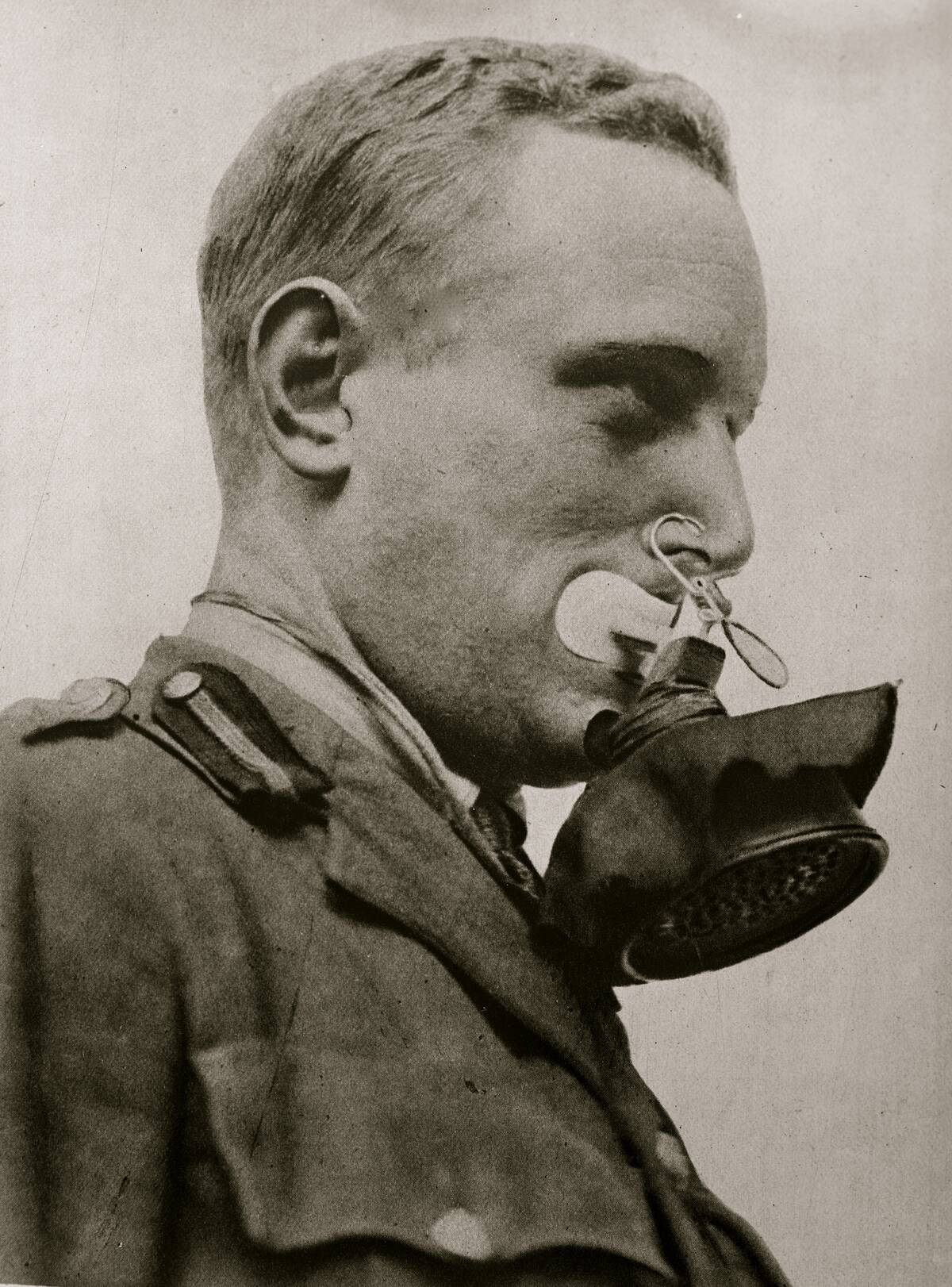
Pear drops was trench slang for the poison gas introduced by the enemy in WWI. The nickname derived from how the chemicals smelled. Sadly, if you smelled the chemicals you likely perished.
Poodlefaker

A. A soldier only interested in picking up women
B. A soldier who never actually engaged in combat
C. A soldier who stood on lookout
D. A soldier who stole rations
Answer: A soldier only interested in picking up women
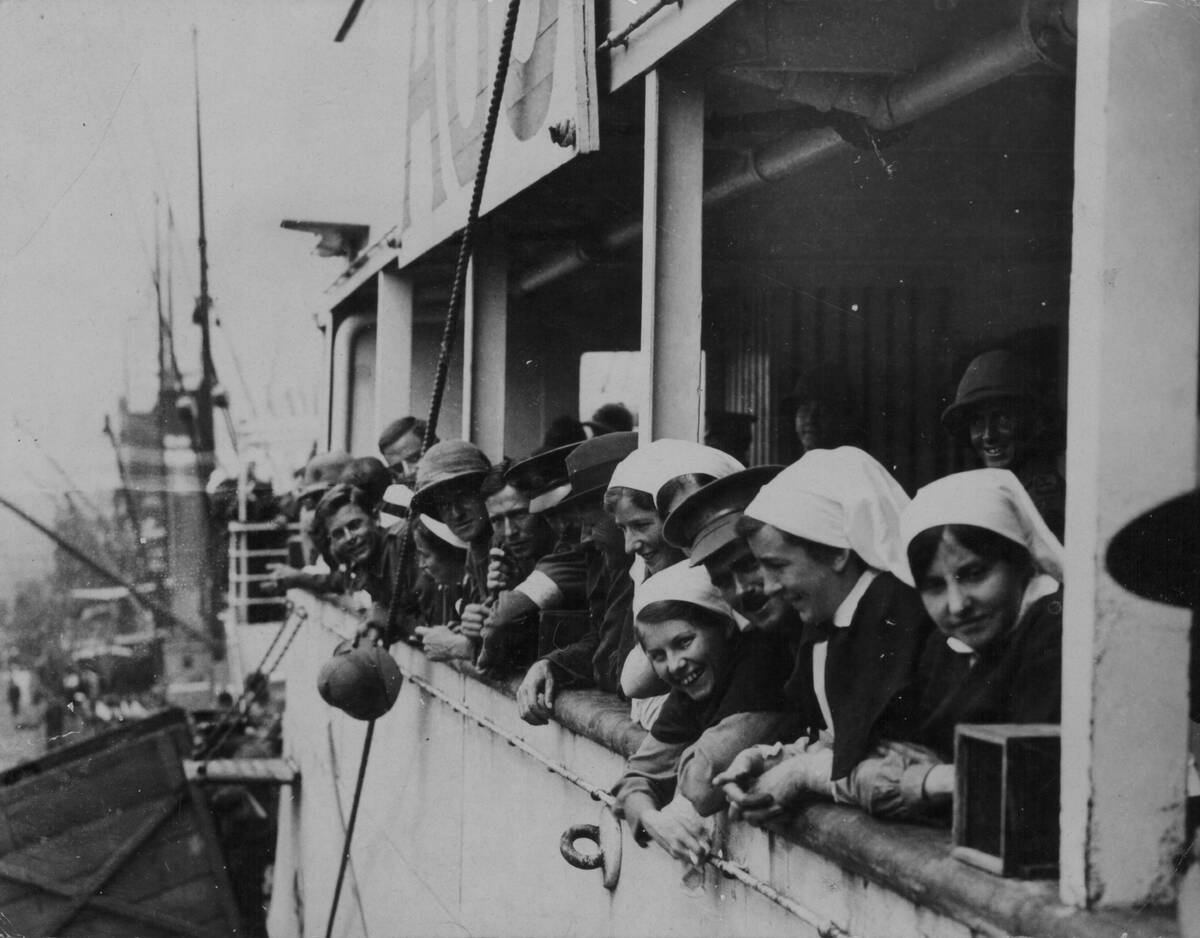
The word poodlefaker emerged from trench slang about fellow soldiers who only cared about how they looked and picking up women. They were often disliked by others who felt they weren’t carrying their weight.
Plonk

A. A wood plank that lets you cross over trenches
B. A bottle of French wine
C. A small defensive shelter
D. A letter from home
Answer: A bottle of French wine

The word plonk is now almost a universal way to talk about wine. The slang came from British soldiers who struggled to properly pronounce ‘vin blanc’ which is the French term for white wine.
Third Light

A. The final gunfire of the day
B. A sunrise on a cloudy morning
C. Lighting a third cigarette
D. Attacking in three-man groups
Answer: Lighting a third cigarette
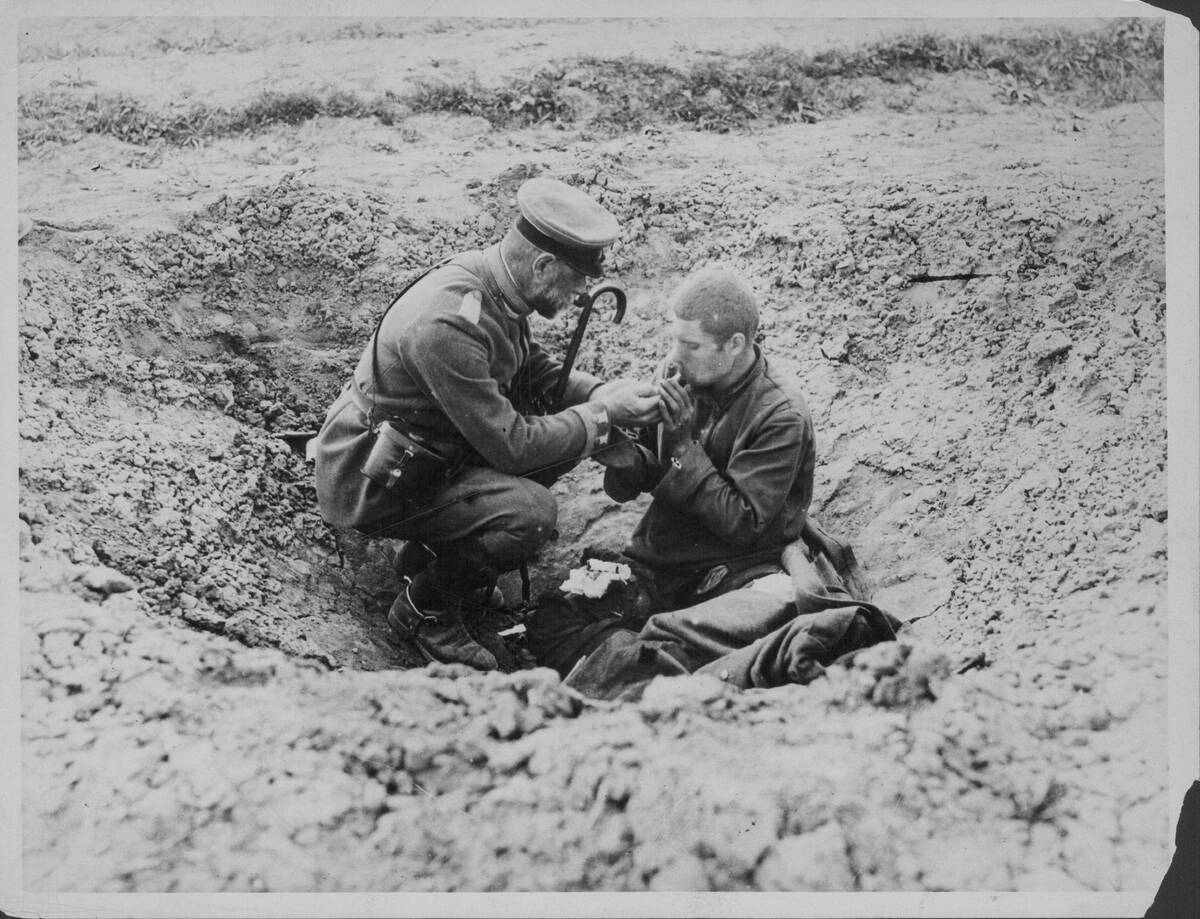
Third light is a superstition that it was bad luck to light a third cigarette from the same match. That’s because it took roughly five seconds for a German sniper to see, aim, and fire at a light source.
Basket Case
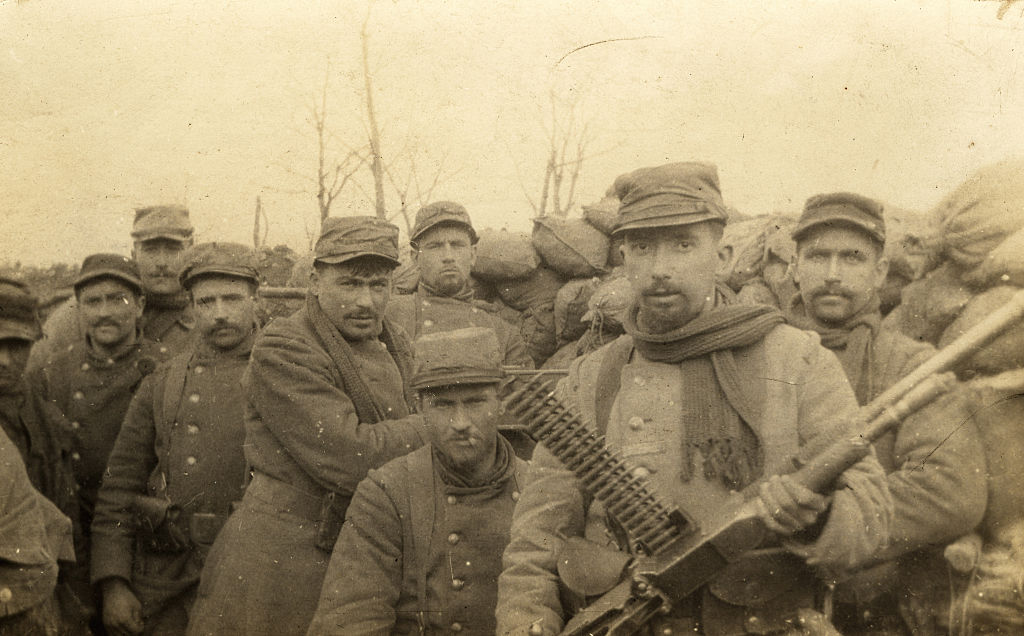
A. Someone who is sent home
B. Someone who has lost their limbs
C. A person who crumbles under pressure
D. A soldier who is in charge of supplies
Answer: Someone who has lost their limbs
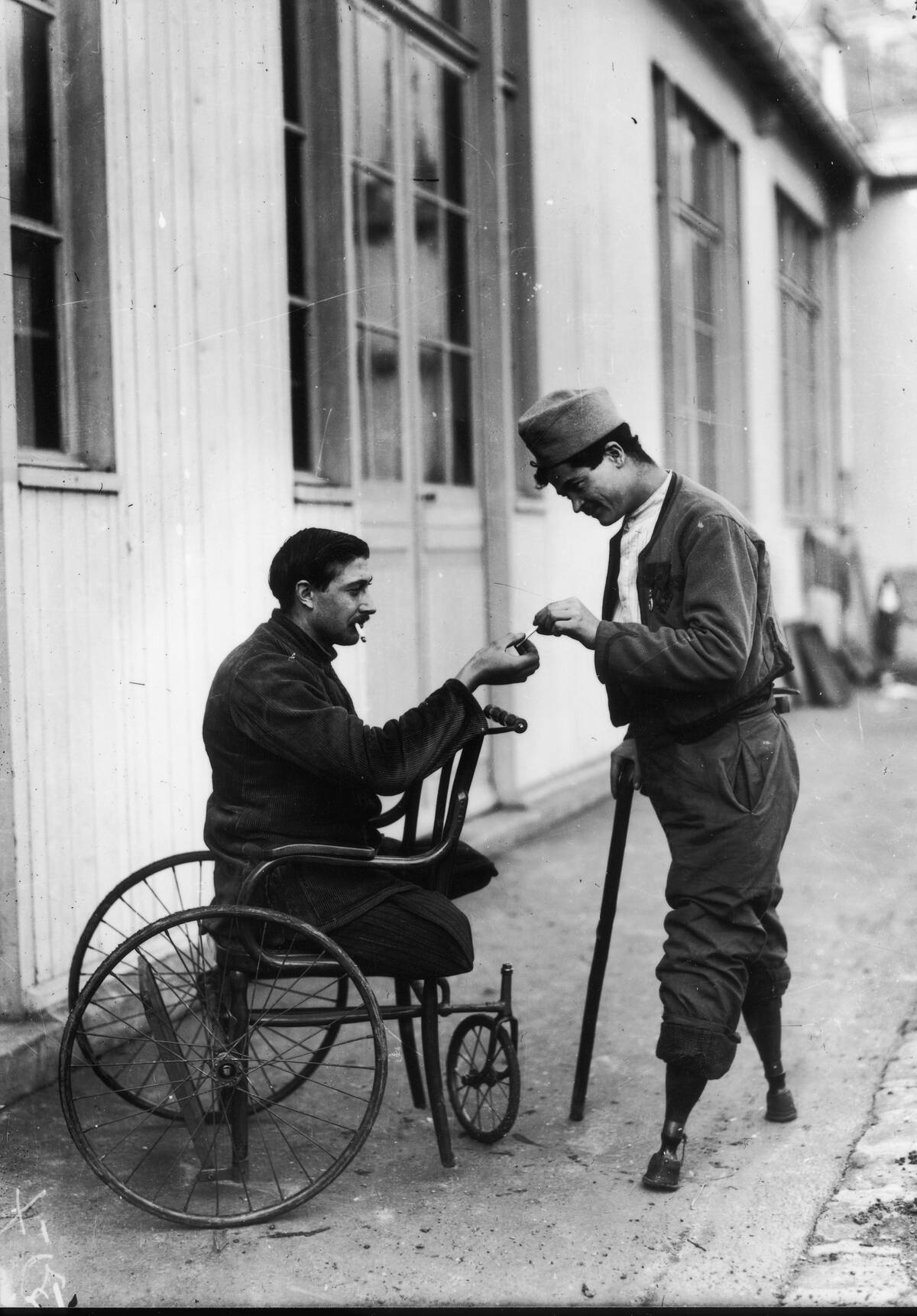
While we use the term basket case in a lighthearted way today, the slang originally meant a soldier who had lost all their limbs and had to be carried off the battlefield in a basket.
Napoo
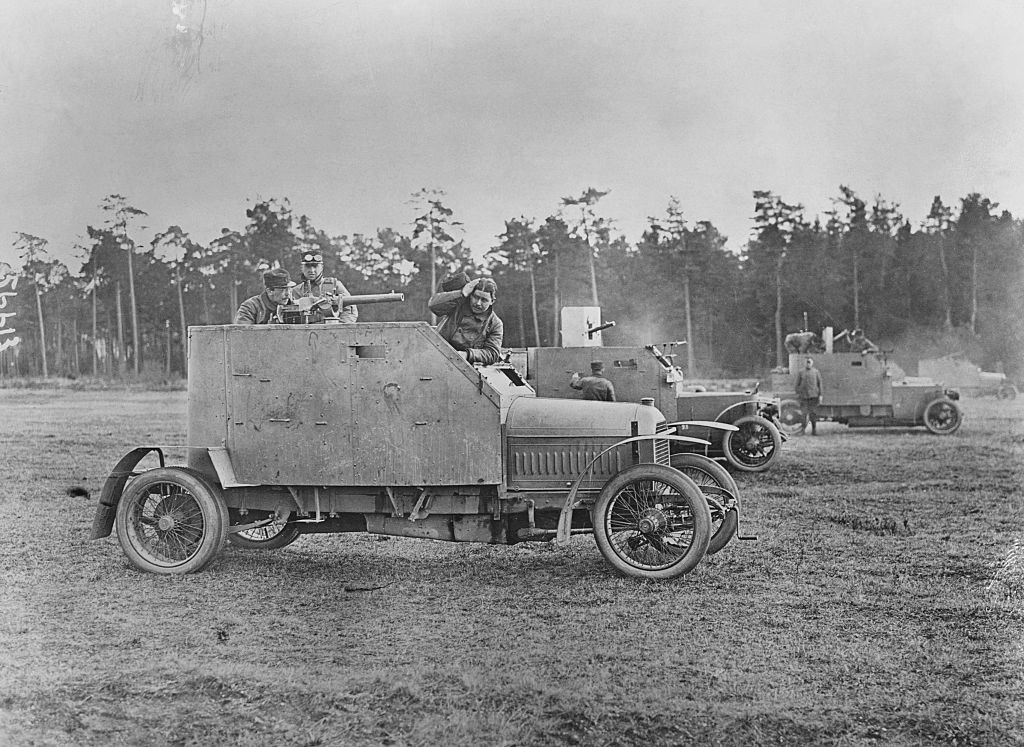
A. Finished, or empty
B. Young women
C. A certain type of rifle bullet
D. A cart or wagon
Answer: Finished, or empty
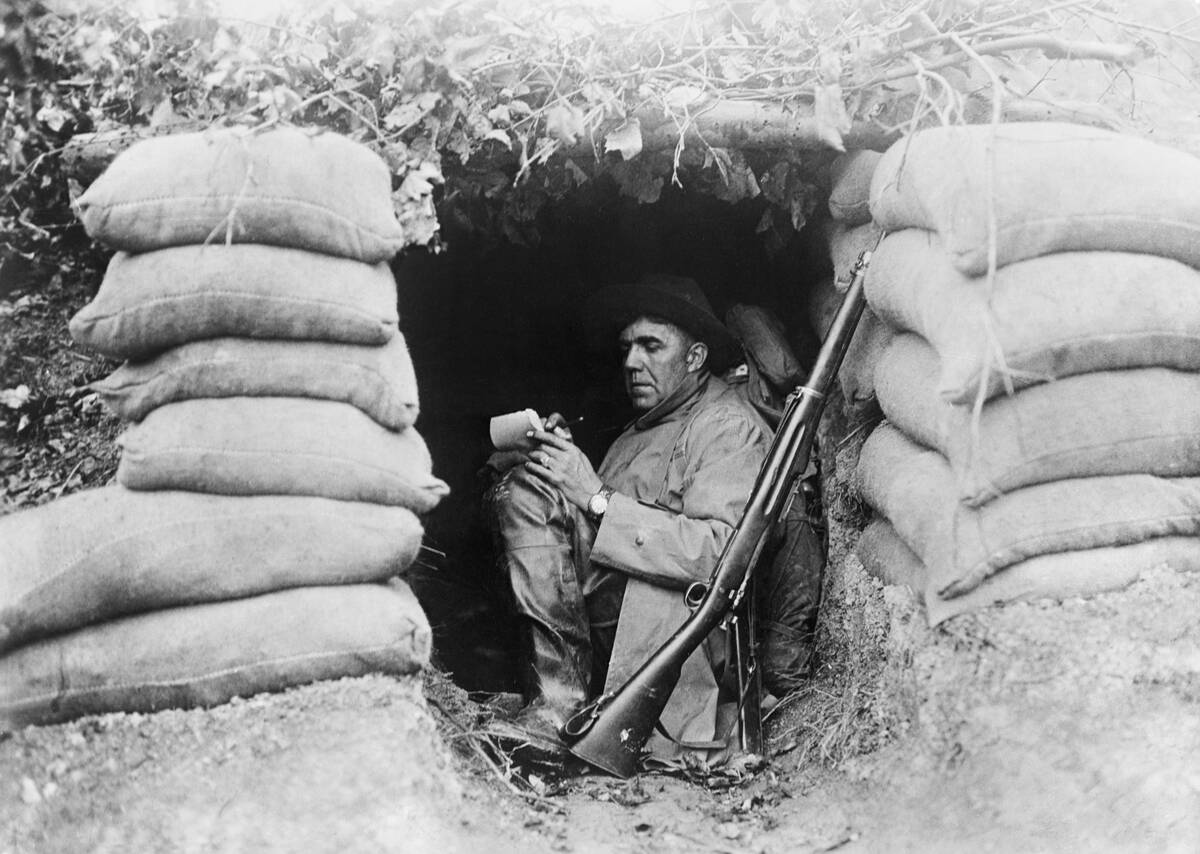
Napoo is another slang word that came from British soldiers unable to understan French. When the two would meet, the French soldiers would often exclaim il n’y a plus! which meant “there is no more!”
Potato Masher

A. A game played in the trenches
B. A German hand grenade
C. A tool issued to cook your rations with
D. A particularly destructive shell
Answer: A German hand grenade
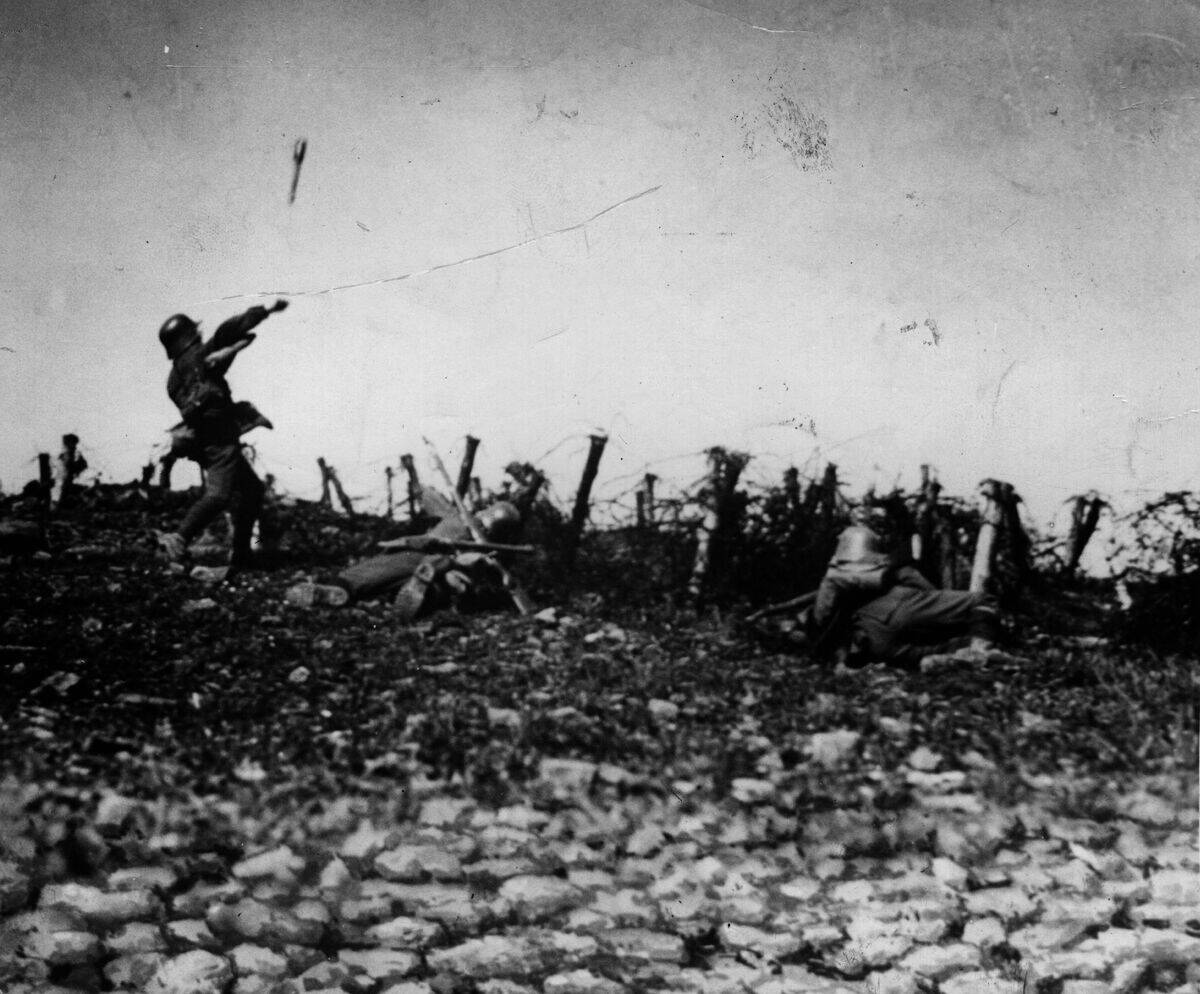
The slang potato masher was used to describe German hand grenades because they looked similar to the kitchen tool. The hand grenade had a unique design and were also called stick grenades.
Gaff

A. A ridiculous mission that was bound to fail
B. A joke about your commanding generals
C. Makeshift theatre productions
D. A day off
Answer: Makeshift theatre productions

Soldiers spent a lot of time waiting for action and commands. Many of them had to find ways to entertain themselves, like putting on makeshift theatre productions in the trenches.
Bumf
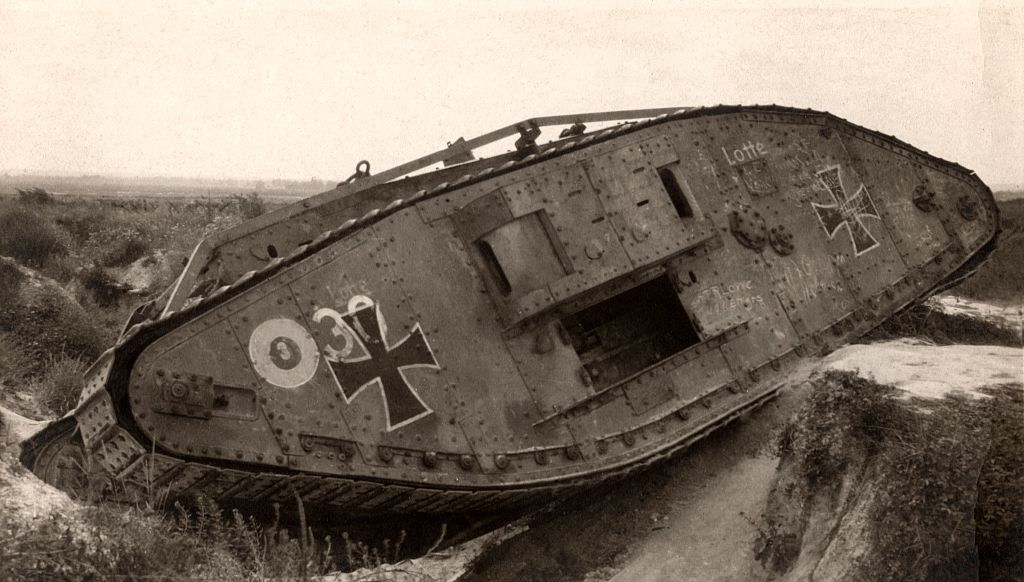
A. Trench toilet paper
B. The tin used to cook rations in
C. A grenade that fails to explode
D. Boiled ration meat with no flavor
Answer: Trench toilet paper
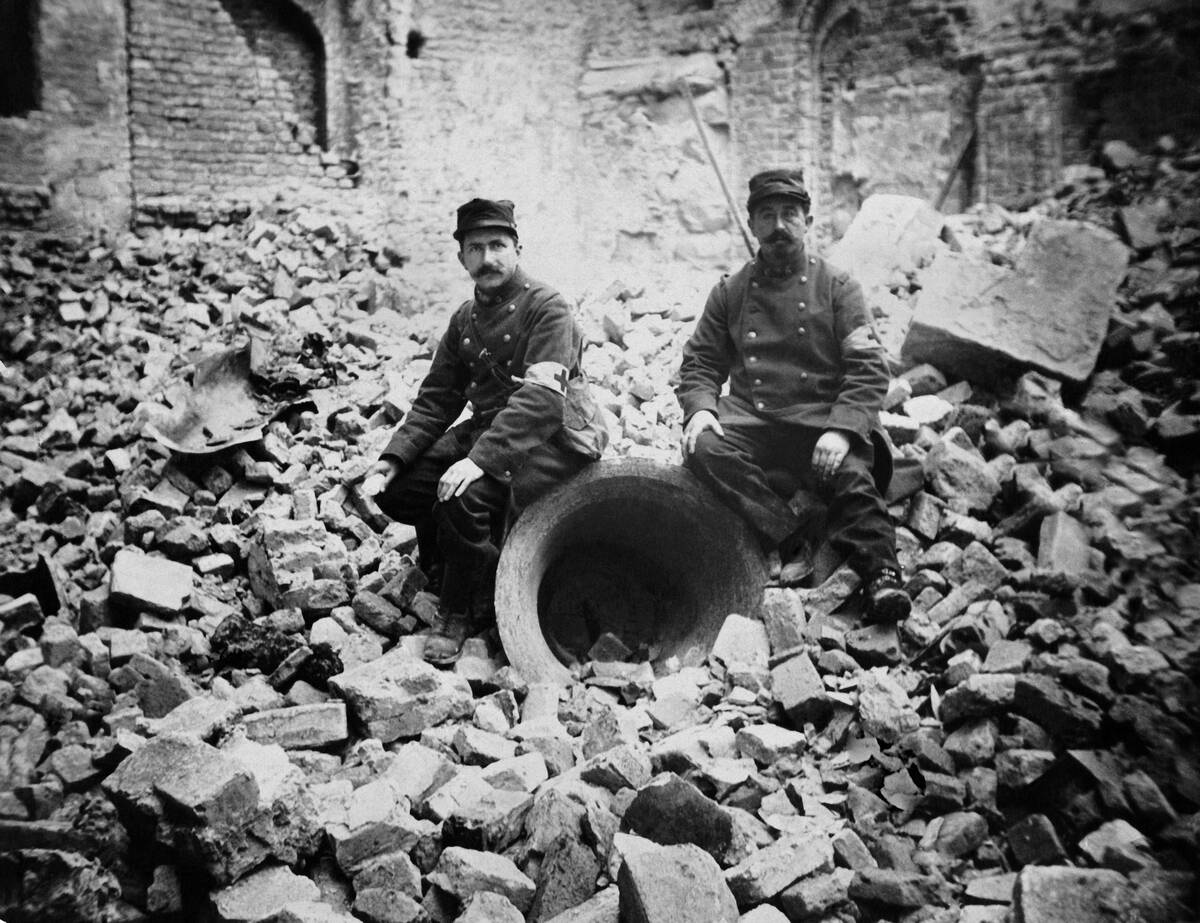
The slang for trench toilet paper is a contracted form of the word bum fodder. It later went on to describe the useless commands and requests that came from headquarters.



